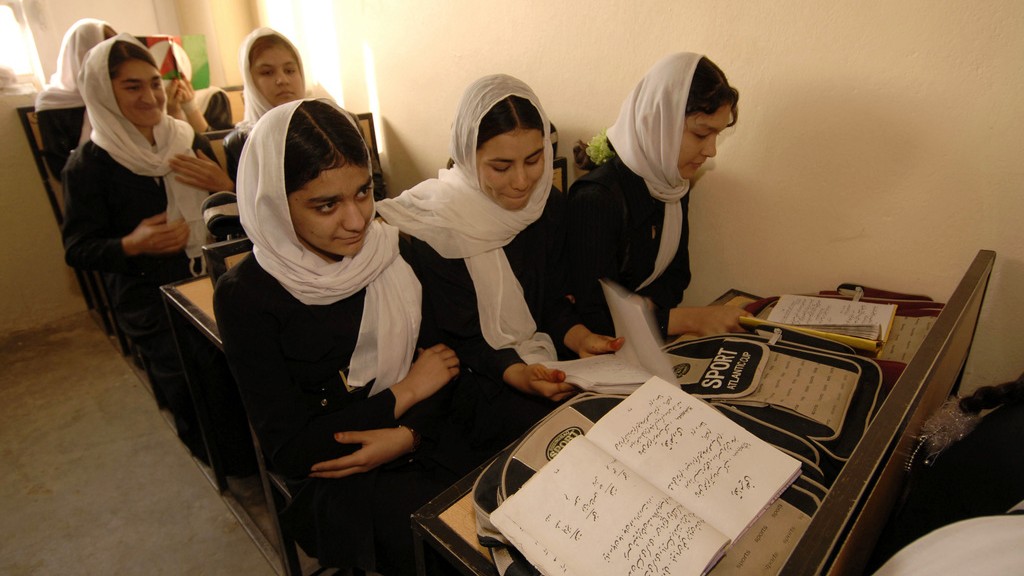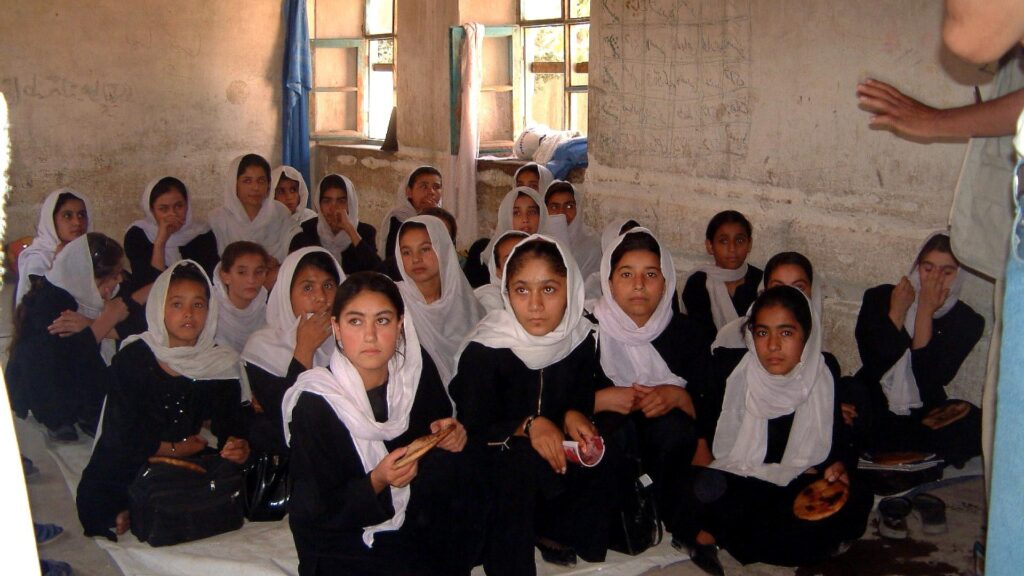Afghanistan Girls Have Opportunity For Education In Secret Schools
While girls are barred from attending school in Afghanistan, secret schools are being run to give young females an opportunity.

Last summer The Biden Administration pulled out of Afghanistan. Although withdrawal was seen as a necessary measure, the execution of this act was so poorly carried out that 13 American soldiers were killed in a deadly suicide attack, and not only did the current administration endanger Americans, but billions of dollars worth of American weapons and military equipment were left behind for the Taliban to seize and use against the Afghani people. Women and girls have especially been affected by this, as the extremist group continues to ban secondary education for females and enforce other strict sex-based laws that demean women and their inherent rights. Despite these dire circumstances, teenage Afghani girls are defying these measures by attending secret schools.
One secret school is serving a small group of female students in the outskirts of Kabul. 21-year-old Nazanin is teaching 10 teenage students English and other subjects. Across the country, similar secret schools are operating in rural provinces that are more difficult to police. Some are using religious school criteria to openly teach female students, being that religious education is still lawful under Taliban rule.
The International community has pressured the Taliban to resend their law against girls being allowed to attend secondary school, but so far to no avail. During a recent Taliban loyalist conference, 3,000 male attendees gathered to discuss Afghanistan issues. Despite the large number of attendees, only two spoke up for girls’ education and the matter was brushed off with no resolution. This has been an ongoing issue since the takeover and so secret schools are seen as a necessity for Afghani girls to receive proper socialization and educational instruction.
This comes after the pandemic set students back across the globe. Like children in the US and other parts of the world, Afghani students experienced learning gaps due to lockdowns and pandemic measures. While some lost a full year of schooling just before the Taliban takeover, many girls in the area are eager to learn any way possible. Whether they will regain the legal right to be taught or continue pursuing secret school endeavors, these girls are dedicated to the cause and hope to regain their educational rights.
There was talk of the Taliban allowing girls to attend primary school back in March, but this never came to fruition. While some members of this truly patriarchal group are open to educating girls and women, extremist loyalists are strictly against it. In rare cases, provinces are led by men who are so vocally supportive of girls’ education that the ban does not apply to their areas. In addition, young adults are grandfathered into college.
There is currently no ban on allowing female students to attend college. This may benefit young women who have already completed high school and wish to seek new ground in the shifting political landscape of their country. Unfortunately, this will cut off younger generations from higher education, as those just now reaching secondary school age are banned and cannot receive a college education without the prior teachings. What’s more, Taliban officials have admitted that girls are allowed to be privately educated at home or by professional tutoring centers, but this cuts them off from larger social settings and community building efforts that may be the driving force behind these secret schools.

While girls are no longer allowed to attend secondary school by law, there are other educational options that are filling in the gaps. Some secret schools have been formed to bring teenage girls together, and some religious private schools are teaching other subjects in addition to their faith lessons. The future of education in Afghanistan is currently uncertain, yet many are hopeful that as time goes on, the Taliban will come to understand the value of providing all children with a well-rounded education.



